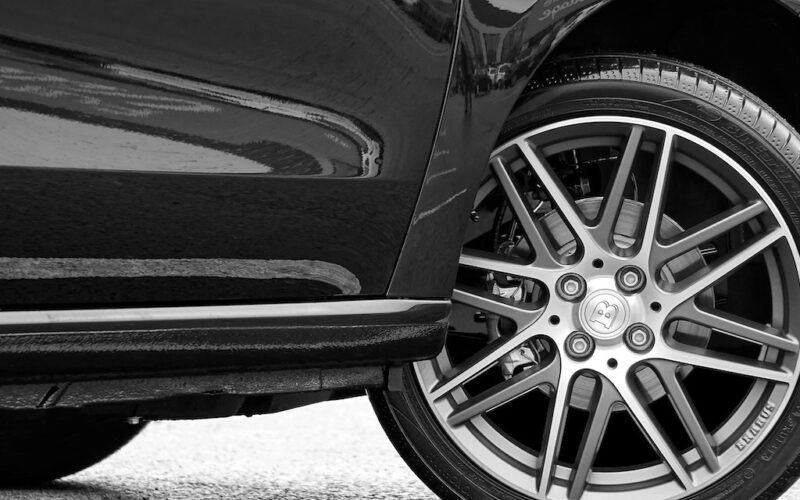Summer is here, and you know what that means – it’s road trip season! Before you hit the open highway, let’s talk about a crucial aspect of summer driving— your tires. Imagine this: you’re cruising down scenic routes with the wind in your hair and the sun on your face. To ensure those sunny drives are as smooth, safe, and enjoyable as they can be, it’s essential to understand the world of summer tires.
In this guide, we’ll take a closer look at what summer tires are, why they matter, and how they can make a real difference in your warm-weather journeys. So, buckle up as we steer through this guide to summer tires.
What Are Summer Tires?
Summer tires, often known as performance tires, are designed to excel in warmer weather conditions. These tires boast a unique rubber compound that stays grippy on hot pavement, delivering optimal traction and responsive handling. They’re tailored for dry roads and can make a significant difference in your driving experience when the temperature rises.
Benefits of Summer Tires
Enhanced Grip
Summer tires’ specialized rubber composition and tread patterns provide exceptional grip on dry roads, enabling better control during turns and maneuvers.
Shorter Braking Distances
Thanks to their improved traction, summer tires help reduce braking distances, ensuring quicker stops when you need them.
Better Handling
With their responsive nature, summer tires offer precise steering and handling, making your drives more enjoyable on warm and clear days.
High-Speed Performance
If you’re all about hitting the highway, summer tires are designed to handle higher speeds without compromising safety.
Water Dispersion
Although they’re not built for heavy rain, summer tires often have designs that channel water away from the tire’s contact patch, reducing the risk of hydroplaning in light rain.
Things to Consider
Limited Winter Performance
While summer tires excel in warmer conditions, they’re not suitable for cold weather or icy roads. It’s critical to switch to winter tires when the temperature drops.
Tread Life
Due to their softer rubber compounds, summer tires might wear out faster than all-season tires. Regular maintenance and rotation can help extend their lifespan.
Seasonal Swaps
For optimum performance and longevity, consider swapping to winter tires when seasons change.
Noise Levels
Some summer tires might generate more road noise compared to all-season tires due to their focus on performance.
Cost Consideration
Investing in a set of summer tires can be beneficial for warmer months but might require an additional set of tires for the rest of the year.





